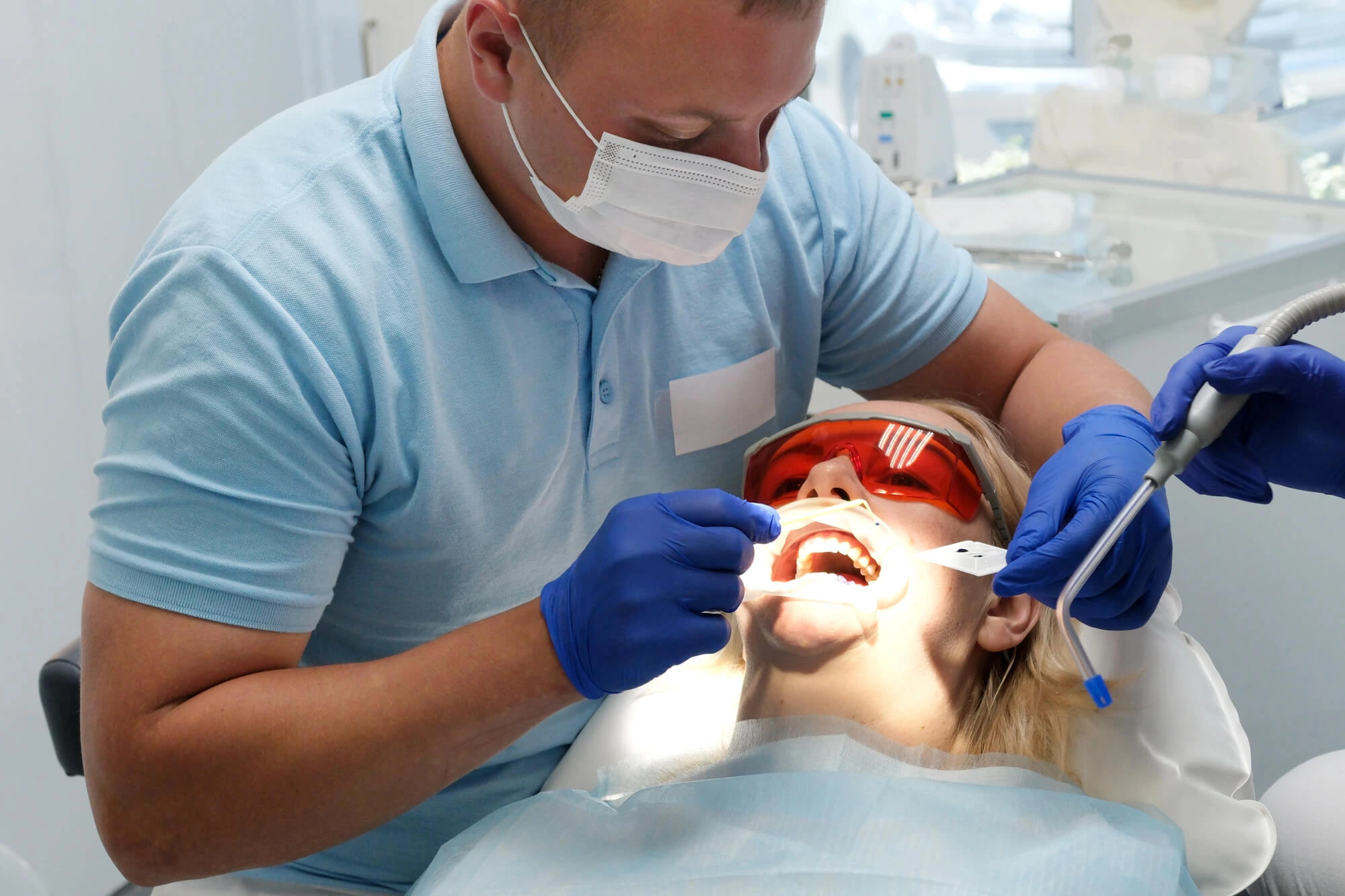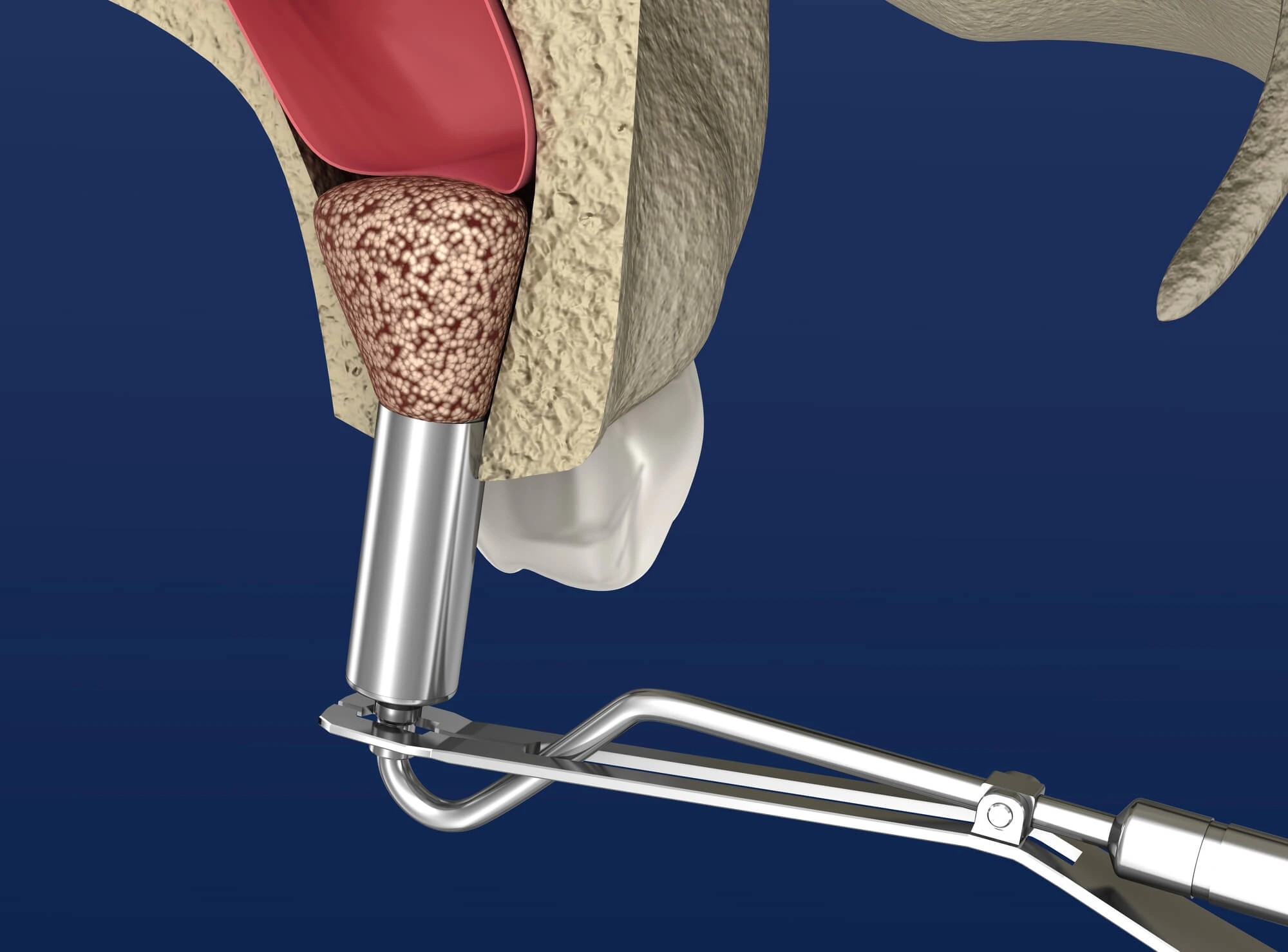
Most people agree that dental implants are the best option for replacing missing teeth. Unlike other restorations, implants are anchored to your jawbone, offering unmatched stability, longevity, and functionality similar to that of a natural tooth. However, this exceptional performance comes with a biological requirement: a healthy, dense jawbone. A sinus lift may be necessary to make dental implants possible when bone density is lacking.
But what exactly is a sinus lift, and who qualifies for one?

What Is a Sinus Lift?
A sinus lift, or sinus augmentation, is a surgical procedure designed to increase bone volume in the upper jaw. This is particularly important in the area near the maxillary sinuses—the air-filled cavities just above your upper back teeth.
When upper molars or premolars are extracted, the remaining bone between the mouth and the sinus often becomes too thin to support an implant. A sinus lift procedure carefully elevates the sinus membrane, and bone graft material is placed into the newly created space.
Over time, this graft encourages new bone growth, thickening the jawbone and creating a stable implant foundation.
Why Is Sufficient Jawbone a Requirement for Dental Implants?
Just as a building needs a solid foundation, a dental implant must be anchored in strong, healthy bone.
If there isn't enough bone, the implant won’t osseointegrate, a process in which the implant fuses with the surrounding bone. Another consequence is that the fusion may fail, resulting in loose or unsuccessful implants.
Luckily, a sinus lift helps overcome this limitation by regenerating bone where it's needed most.
Who’s a Good Candidate for a Sinus Lift
Several specific conditions and anatomical factors may make a person a good candidate for a sinus lift.
1. Good Oral Health
Good oral health is a must before exploring any oral surgery, be it a sinus lift or implant placement. While the sinus lift procedure is designed to restore lost bone in preparation for dental implants, it cannot be performed if active oral infections (especially periodontitis) are present.
Periodontitis is a severe form of gum disease that causes ongoing inflammation and bone loss. This can interfere with healing and compromise the success of a bone graft or implant, so the condition needs to be fully treated and managed before considering a sinus lift.
This usually involves deep cleanings, improved oral hygiene, and possibly periodontal surgery. Once the gum tissues are healthy and stable, we can proceed with the sinus lift.
2. No Active Sinus Disease or Infection
While not a direct cause for needing the procedure, a necessary condition for being a good candidate is that the patient must be free of active sinus infections.
If someone has chronic sinusitis or other sinus problems, a sinus lift may be delayed or avoided until the condition is resolved. Patients in good general and sinus health tend to heal more predictably and are better suited for the bone grafting process required.
3. Trauma or Injury to the Jaw
Individuals who have experienced trauma or injury to the upper jaw are also great candidates for a sinus lift. Accidents or surgeries in the maxillofacial region can result in bone loss or changes in bone structure that leave insufficient bone mass for implant placement.
In such cases, rebuilding the jaw with graft material through a sinus lift allows for the continuation of restorative dental work.
4. Long-Term Denture Wearers
People who have worn upper dentures for many years often experience gradual bone loss in the jaw due to the lack of stimulation. Over time, this can lead to very thin bone in the back of the upper jaw.
When these people decide to transition to implant-supported dentures or individual implants, a sinus lift may be essential to rebuild the bone and provide enough stability for the implants to function properly.
5. Medical or Developmental Conditions Affecting Bone Density
Certain medical conditions (such as osteoporosis, cancer treatments, or congenital disorders) can negatively affect bone density and jaw development.
Even with no history of trauma or tooth loss, these patients may not have sufficient bone mass in the posterior upper jaw to support implants. A sinus lift and careful evaluation by a dental specialist and the patient’s physician can make implants viable in many of these cases.

6. Controlled Diabetes
One of the main concerns with diabetes in surgical procedures like sinus lifts is delayed or impaired healing. High blood sugar levels can interfere with the body’s ability to repair tissue and fight infection, both of which are critical for successful outcomes in bone grafting and implant surgery.
In patients with uncontrolled diabetes, the sinus lift healing process can be significantly slower, increasing the risk of infection, graft failure, or complications like sinus infections or poor bone integration.
Having diabetes does not automatically disqualify someone from receiving a sinus lift. However, good oral hygiene, a stable medical condition, and close monitoring throughout the process are necessary.
7. Non-Smoker or Willing to Quit
Smoking reduces blood flow and oxygenation, which are critical for bone graft integration and tissue repair. This can impact proper healing after a sinus lift, increasing the risk of sinusitis or problems during the healing process, and affecting osseointegration.
For that reason, ideal candidates for this procedure are non-smokers or people who are willing to risk it. Many oral surgeons recommend quitting at least 1–2 weeks before and for 4–6 weeks after the sinus lift procedure.

Make Dental Implants Possible With a Successful Sinus Lift
A sinus lift isn’t just a surgical procedure—it’s a crucial step that can open the door to life-changing dental implants. At Butura Oral and Dental Implant Surgery, we take a personalized, comprehensive approach to evaluate your suitability for this treatment. By identifying the underlying conditions affecting your bone structure, we can help create a stable foundation for long-term implant success.
Ready to take the next step? Contact us today to schedule your personalized assessment and determine if a sinus lift is the key to restoring your confident, functional smile.




